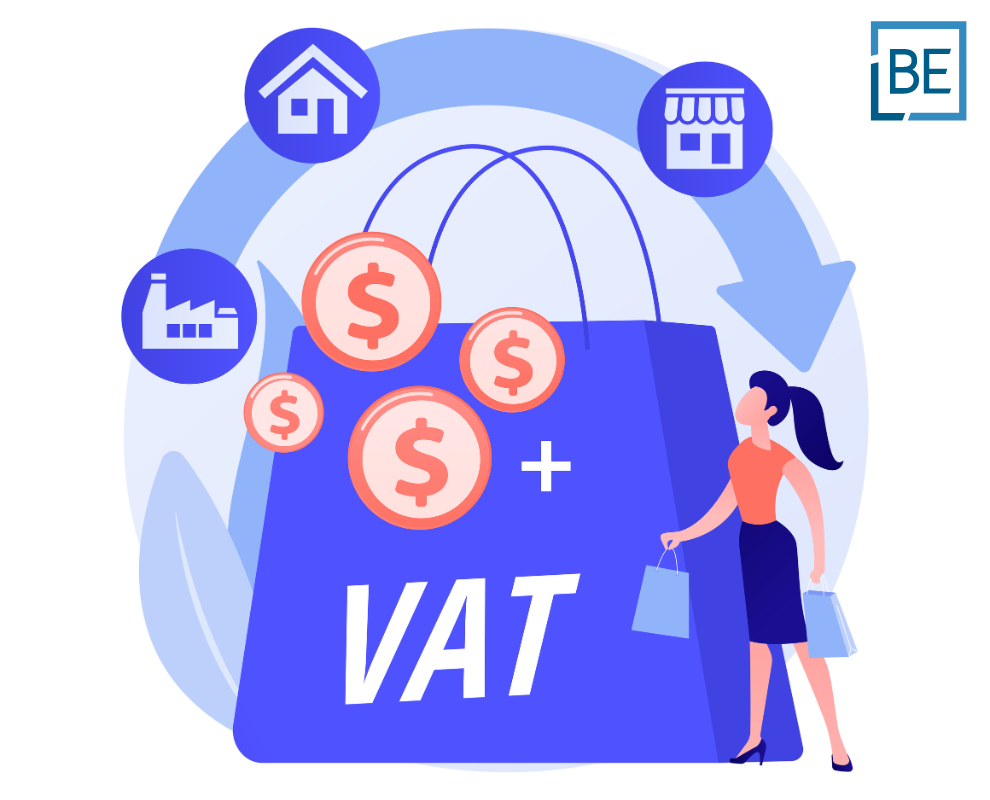Belaws Home ›› Thailand ›› Blog ›› New Thailand VAT Requirements for Low-Value Imports 2024
running a company
New Thailand VAT Requirements for Low-Value Imports 2024
09/07/2024
Thailand’s government introduced a new policy in May 2024 that will significantly impact the country’s international trade landscape.
The Ministry of Finance and the Revenue Department have proposed a new tax scheme aimed at imposing a 7% Value-Added Tax (VAT) on all imported goods, including those valued at less than 1,500 Thai Baht (THB).
The Government hopes to address the long-standing challenges faced by small and medium-sized domestic enterprises (SMEs) and promote a fairer business environment.
Key points
- Thailand is introducing a 7% Value-Added Tax (VAT) on all imported goods, including those valued under 1,500 Thai Baht, to create a level playing field with domestic businesses.
- Previously, low-value imports were exempt from VAT in Thailand, giving an unfair advantage to foreign e-commerce sellers over Thai businesses who had to charge VAT rates of 7%.
- The new VAT aims to help revive Thai manufacturers, especially SMEs, who have faced steep competition from cheaper imports and shifted production offshore.
- By eliminating the tax advantage for imported goods, the policy could boost sales and growth for domestic producers as consumers may prefer locally-made products.
- Thailand is aligning with OECD principles by adopting the Vendor Collection Model where e-commerce platforms collect and remit VAT, streamlining tax compliance.
Why are Low-Value Imports Now Subject to VAT?
The main reason behind this proposed tax policy shift is to level the playing field between domestic businesses and foreign e-commerce platforms. Currently, domestic businesses in Thailand are required to charge value-added tax (VAT (7%)) on their goods and services if they are registered for VAT taxation in Thailand, while low-value imports i.e. those under valued at 1,500 THB are exempt from this tax.
Please note that not all companies are required to deduct VAT in Thailand. A company in Thailand complete the VAT registration process if they satisfy the following VAT Requirements:
- achieve a turnover threshold of 1.8 Million THB in a year and,
- hire foreign employees and/or,
- opt in to register anyway.
The disparity on the payment of VAT has given foreign sellers, particularly those operating on e-commerce services, an unfair advantage over Thai businesses. By eliminating the VAT exemption on these low-value imports, the Thai government aims to create a fairer competitive landscape for domestic businesses.
How does this Affect Thai Businesses?
For local businesses in Thailand, the new VAT policy holds significant implications. It creates a fairer market as cheaper international imports will also be subject to the same taxes as they are. Platforms like Shopee and Lazada often have large supply chains with sellers who can offer the same or similar products and goods for cheaper as they import products from countries like China without having to pay VAT. According to the Federation of Thai Industries (FTI), the import of Chinese goods has caused some local manufacturers, especially SMEs, to reduce production by as much as 50%. By levelling the playing field, the new tax policy is expected to help these domestic manufacturers regain their competitiveness and potentially reverse the offshoring of production to China.
The Government also hopes that the introduction of these regulations could potentially result in increased sales and growth for domestic enterprises. By eliminating the price advantage enjoyed by imported goods, consumers may be encouraged to purchase locally produced products, thereby boosting the competitiveness and profitability of Thai SMEs.
Aligning Thailand with International Tax Principles
The proposed Value Added Tax imposition on low-value imports aligns with the principles of compliance encouraged by the Organization for Economic Co-operation and Development (OECD). By adopting the Vendor Collection Model, where online platforms are responsible for issuing invoices, collecting and remitting VAT to the government, Thailand is embracing a streamlined and efficient approach to tax collection. This model not only simplifies the tax process for the government but also ensures compliance from foreign sellers operating within the Thai market.
How can Belaws help?
For more information about VAT in Thailand, why not talk to one of our experts now?
Please note that this article is for information purposes only and does not constitute legal advice.
Our consultations last for a period of up to 1 hour and are conducted by expert Lawyers who are fluent in English, French and Thai.
Consultations can be hosted via WhatsApp or Video Conferencing software for your convenience. A consultation with one of our legal experts is undoubtedly the best way to get all the information you need and answer any questions you may have about your new business or project.
USD 150
Up to 1 hour
Online payment (Paypal or Credit card)
Legal consultation can be conducted in English, French or Thai
Legal consultations are handled by experienced lawyers from the relevant fields of practice
Frequently asked questions
What is changing with VAT in Thailand?
Thailand is introducing a 7% Value-Added Tax (VAT) on all imported goods, regardless of their value (previously, imports below 1,500 THB were exempt). This aims to create a fairer playing field for Thai businesses.
How the new VAT will affect Thai businesses?
The new VAT on imports should benefit Thai businesses, especially SMEs, by making imported goods less competitive. This could lead to increased sales and production for Thai manufacturers.
What about VAT registration for businesses?
Businesses in Thailand must register for VAT if their turnover exceeds 1.8 million THB per year, hire foreign employees, or choose to register voluntarily.
How does the new VAT this align with international tax practices?
Thailand’s new VAT policy aligns with the OECD’s Vendor Collection Model. This means online marketplaces will be responsible for collecting and remitting VAT on behalf of sellers, simplifying tax collection.
Related articles
Subscribe today
Subscribe today
To our newsletter for all the latest legal news
in South East Asia, Belaws updates and
special promotions on our services.
To our newsletter today for all the latest legal news in South East Asia,
Belaws updates and special promotions on our services.







